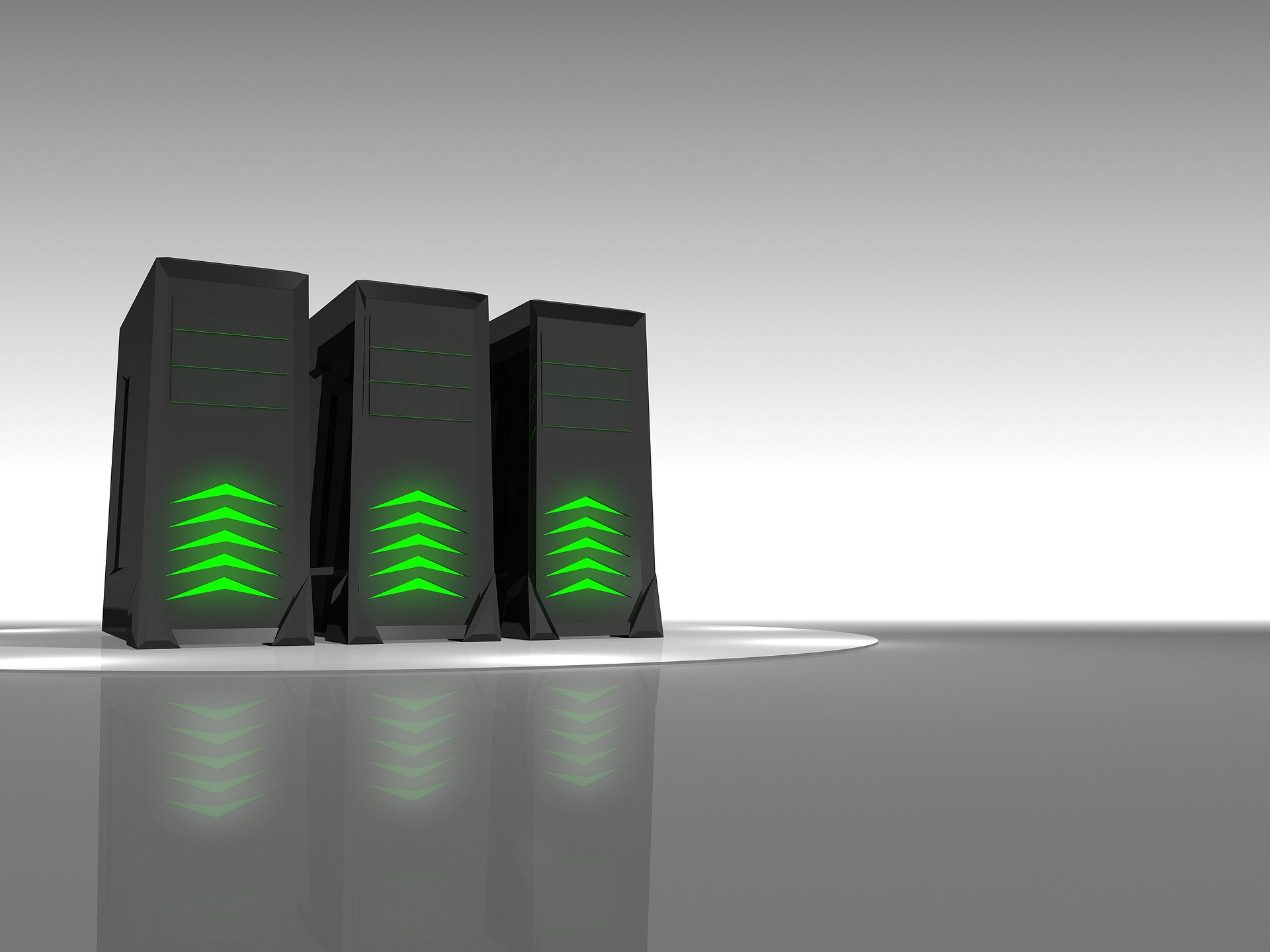There is a lot of talk about protecting data as it travels throughout your network and over the net. Although there is such an emphasis on cyber crime, companies need to consider the practical physical security needed to protect your location, hard copy files, equipment and onsite resources. While you may consider your office a safe place to leave computers unattended, there is always a chance of disgruntled employees, visitors or vendors gaining access to your space and causing problems.
Cyber crime, hacking and phishing attacks are by far the biggest threat to small business, but protecting the physical location against theft and disaster is still an important exercise.
IT Network Security
It is important that every employee is aware of personal responsibility when it comes to protecting the data on their own computers. Training should include each employee learning to lock their screen and log out whenever they leave their desk. If anyone works on sensitive data such as financial or customer information, consider putting in an office with a closed door, or an area that can be secured.
- Premises security can begin as soon as someone enters the property. If you have your own facility, building a fence for physical security is a great start. Depending on the nature of your business, you may wish to have guards on property, or a manned security gate.
- These days, even private residents have video doorbells and monitoring for security. Video cameras are prolific and easily utilized to provide surveillance for a property.
- If you do not own your own building and are a part of an office park or corporate building, you may not be able to install surveillance outside, but the management company may have something in place. Be sure to check on the level of security provided to your company when assessing your overall security strategy.
- However, you can install cameras in important and sensitive areas of your office space.
- Card key or FOB access can be utilized to restrict access to sensitive areas of the company. With this technology, only authorized personnel can access your IT network, thus minimizing the risk of accidental or purposeful damage to the equipment.
- Biometric technology utilizes a fingerprint scanner (or other personal ID scanning system) to ensure that only authorized users can access security sensitive areas of the building. This will overcome the problem of someone stealing a key or borrowing someone else’s access card.
Free eBook: 4 Reasons CEO’s Should Care About BCDR
Four critical reasons that the CEO should care about business continuity and disaster recovery.
Of course, once the physical IT network is properly secured, you should carefully assess your cyber security strategy. The professionals at Alliance IT are here to help you with a risk assessment or business technology assessment which will identify any needed security measures.
Alliance IT’s team offers managed services which will streamline, protect and optimize your business.

